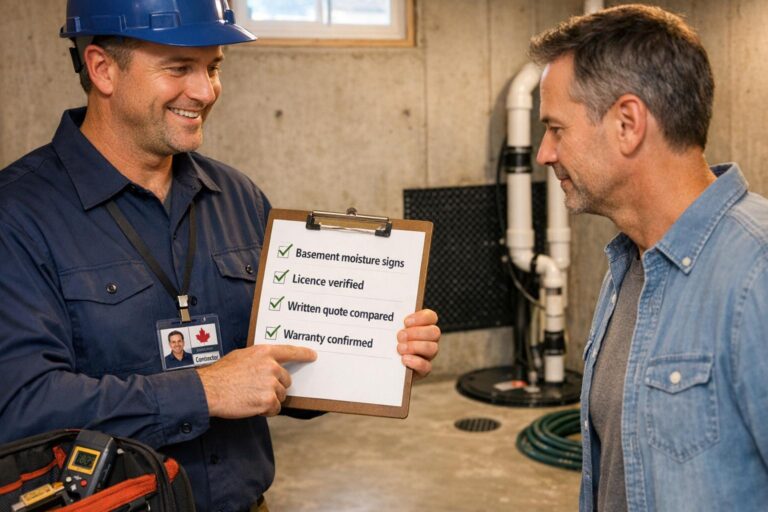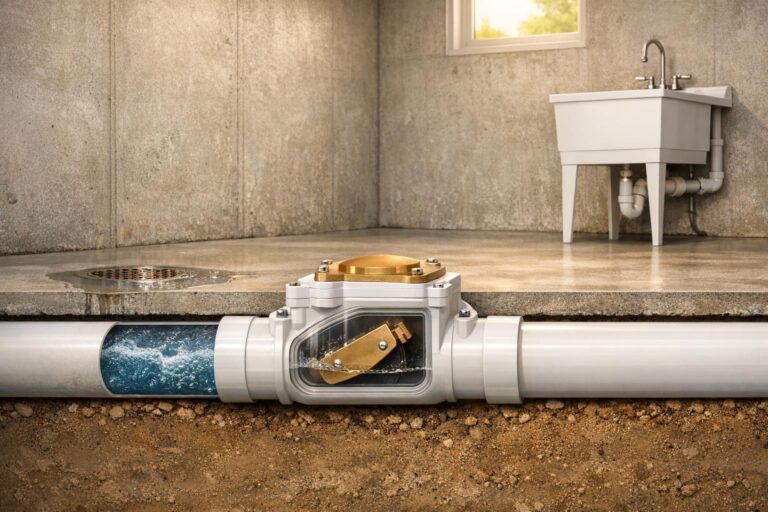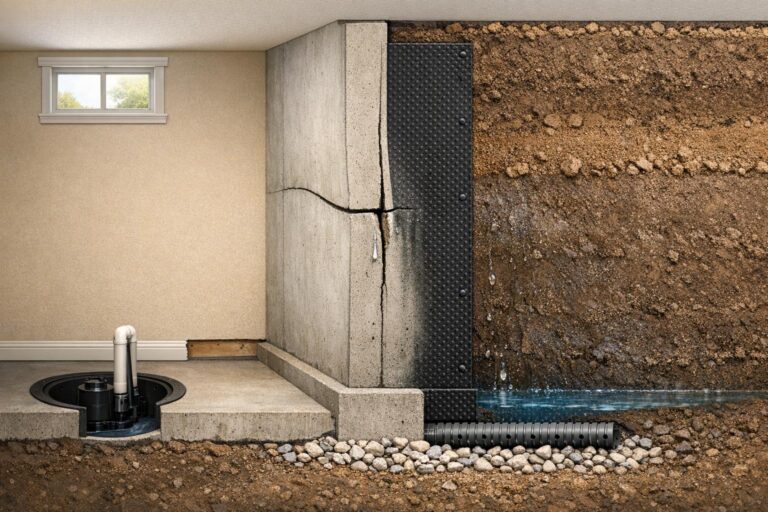Exterior vs. Interior Waterproofing: What’s the Difference?
While interior solutions like drainage mats and sump pumps offer temporary relief, they don’t stop moisture from reaching your foundation. Exterior basement waterproofing is the only method that protects your home at the source — outside the structure.
Let’s compare:
| Feature |
Interior Waterproofing |
Exterior Waterproofing |
| Stops moisture before entry |
✖ No |
✔ Yes |
| Repairs foundation cracks |
✖ Rarely |
✔ Always |
| Involves excavation |
✖ No |
✔ Yes |
| Long-term protection |
✖ Depends |
✔ Guaranteed with proper materials |
| Ideal for finished basements |
✔ Quick and clean |
✖ May require landscaping restoration |
For homeowners investing in property longevity and value, waterproofing foundation from outside offers unmatched security. It’s especially vital if your home has a finished basement, rental suite, or storage area vulnerable to long-term damage.
Exterior Basement Waterproofing Cost in Toronto
The cost to waterproof basement from outside can vary significantly depending on site conditions, wall length, accessibility, and material selection. However, most homeowners in Toronto can expect the following ranges:
- Typical Range per Linear Foot: $90–$250
- Full Foundation (Average Home): $8,000–$20,000
- Isolated Wall Repair (1-2 Walls): $3,000–$7,500
- Exterior Foundation Waterproofing Cost per Project: Depends on excavation depth, soil type, and drainage upgrades
Factors affecting exterior basement waterproofing cost:
- Access: Tight yards or concrete patios require more effort to excavate.
- Foundation Material: Concrete block and stone require more prep and sealing than poured concrete.
- Depth: Deeper foundations increase labor and safety requirements.
- Drainage Upgrades: Installing new weeping tile or sump systems adds cost — but also long-term value.
- Add-ons: Some clients opt for exterior wall insulation or downspout extensions during waterproofing.
At Leaquida, we offer honest estimates, transparent pricing, and no hidden fees. Every quote includes a full breakdown of the work and materials. We’ll help you understand the investment and how it protects your home for decades to come.
Why Choose Leaquida for Exterior Waterproofing in Toronto?
Not all exterior waterproofing contractors deliver the same level of expertise, precision, or service. Here’s what sets Leaquida apart:
- Specialization – We focus specifically on basement and foundation waterproofing. It’s not a side service — it’s our core expertise.
- Local Knowledge – Our team understands the specific soil types, rainfall patterns, and drainage challenges unique to Toronto neighborhoods.
- Premium Materials – We only use tested and certified products for exterior concrete waterproofing, ensuring resilience and warranty compliance.
- Clean Work Sites – We treat your property with respect. Landscaping is preserved or restored whenever possible.
- Warranty-Backed Work – Our exterior waterproofing services come with a transferable warranty so you can sell your home with confidence.
We don’t just seal cracks — we build peace of mind into every foundation.
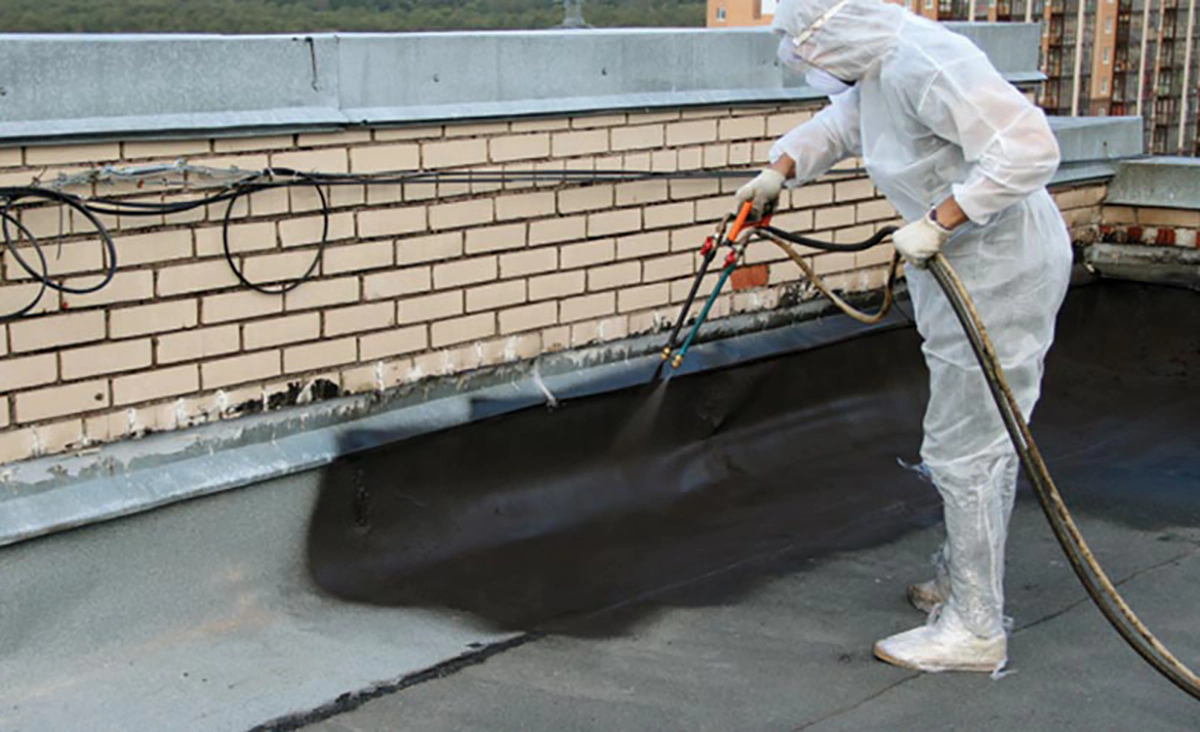
How Long Does Exterior Waterproofing Take?
The timeline for outside basement waterproofing depends on how many walls are being treated and the difficulty of excavation. Here’s what most clients can expect:
- Single Wall: 1–2 days
- Two to Three Walls: 3–5 days
- Full Foundation: Up to 7 days
Additional time may be needed for:
- Concrete removal and restoration
- Extensive crack repair or foundation reinforcement
- Permitting delays (in rare cases)
Leaquida provides you with a clear project schedule, daily updates, and minimal disruption to your routine.
Serving All of Toronto and Surrounding Areas
We proudly serve homeowners across Toronto, including Etobicoke, North York, Scarborough, and East York. If you’ve been searching for “exterior waterproofing companies near me,” Leaquida Waterproofing is your trusted local expert — always ready to inspect, advise, and deliver quality results.
Book a Free Exterior Waterproofing Estimate Today
Protecting your home starts with a simple step: understanding the current condition of your foundation. At Leaquida, we offer no-obligation inspections and clear recommendations based on your home’s unique needs.
Whether you’re looking for full exterior house waterproofing, targeted repairs, or advice on waterproofing exterior basement walls cost, our specialists are here to help. Get the answers — and the protection — you need from Toronto’s exterior waterproofing experts.
📞 Call us today +1-416-992-5858 or fill out our contact form to schedule your assessment.
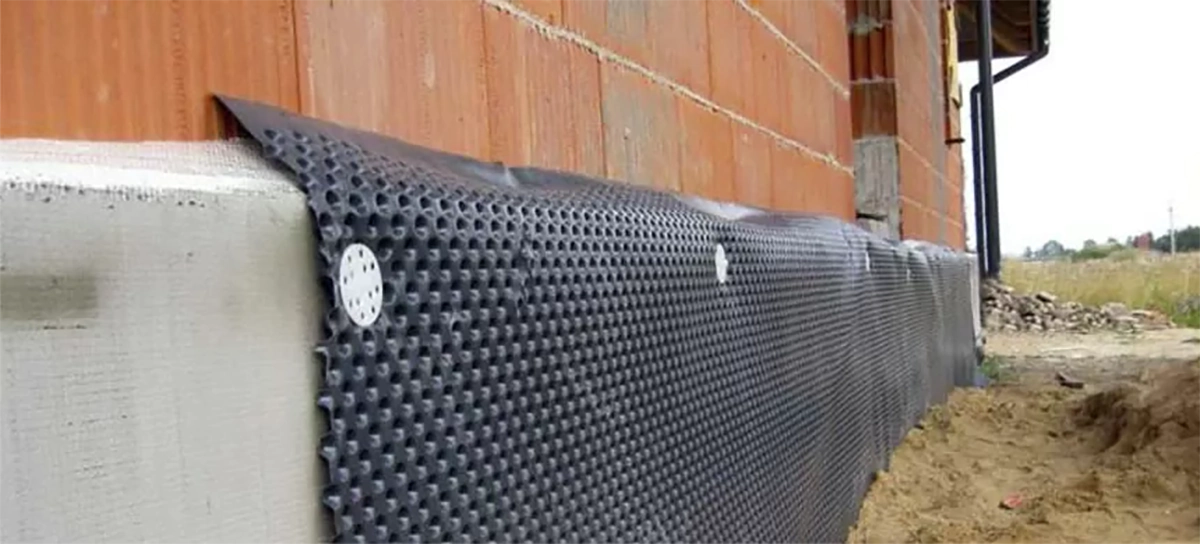





 CLOGGED OR BROKEN WEEPING TILE
CLOGGED OR BROKEN WEEPING TILE